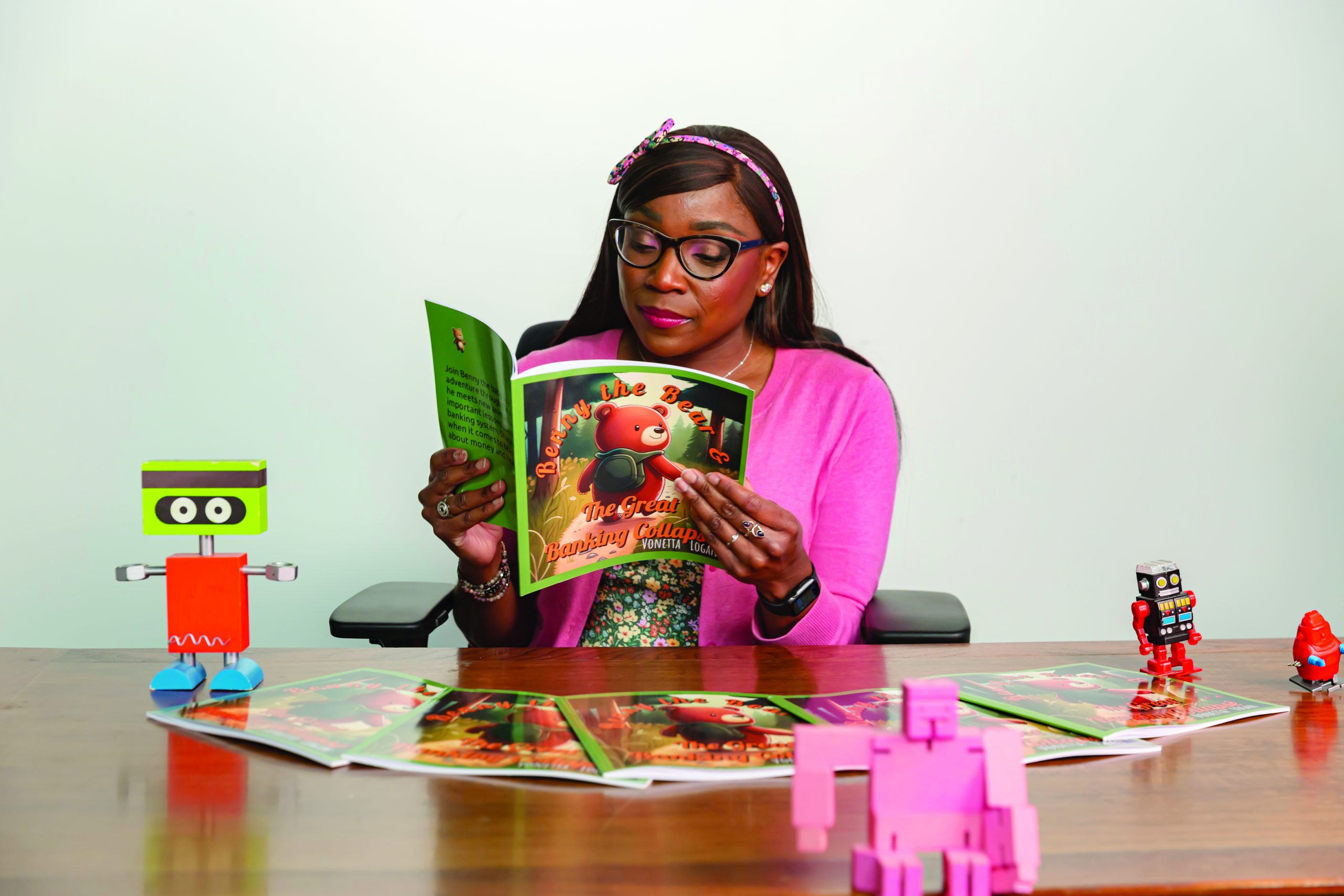Ballot-Measure Mania
Believe it or not, you actually care about some of the referenda up for a vote on state ballots during the general election—like legalized weed and higher taxes
Luckbox wanted a column on some of the nation’s most exciting ballot measures. Seriously, ballot measures? Well, here goes.
Whether they’re voting by mail, taking advantage of early voting or just tossing a ballot from a MAGA yacht into the mouth of a lib-owning great white shark, the nation’s voters will weigh in on more than 100 ballot measures come election day.
In a “Schoolhouse Rock” moment of education, the teacher says that measures can appear on the ballot in one of two ways. One, Birkenstock-wearing do-gooders cajole citizens into signing a clipboard in front of Trader Joe’s. Two, the state legislature hands down a referral.
According to the National Conference of State Legislatures, “Thirty of the Election Day measures are citizen initiatives. That number represents a significant decrease from 60 citizen initiatives in 2018 and 72 in 2016—due in large part to COVID-19 and public safety measures that made in-person signature-gathering nearly impossible.” This is the first election since 1928 when voters won’t see any referenda on the ballot in Washington state, and that’s happening even though everyone there loves Trader Joe’s, Birkenstocks and ballot measures.
But why care about ballot measures anyway? Because it’s like taking the pulse of the electorate and seeing what’s trending statewide and could potentially become a federal issue. Plus, with more people picking up roots and fleeing expensive cities for smaller, more rural locales during the era of COVID-19, it’s always good to know how a state gets down before you settle down. You mean I can’t set off fireworks when I marry my cousin and then set free a bunch of cats to celebrate our forbidden love?
Weed
Let’s start with the fun stuff. Federal legalization will definitely become an issue for whomever leads America in 2021 and beyond, as the possession of cannabis is still illegal at the federal level. Recreational marijuana is now legal in 11 states and the District of Columbia. Medical marijuana is now legal in 22 states.
It’s no surprise because recent polls have shown that a majority of voters on both sides of the aisle now support legalizing marijuana—a change in sentiment clearly reflected by the conservative states taking up the cause in 2020. Medical marijuana legalization measures are appearing on the ballot in Nebraska, Mississippi and South Dakota—solid red states that want to go green. Arizona and New Jersey are also taking votes on measures to legalize marijuana for non-medical use.
For fun, we’re also including an initiative by Oregon (where cannabis has been legal since 2014 through state legislature Measure 91), where they are seeking through Measure 109 to legalize ‘shrooms, man! Technically, it’s called the Psilocybin Program Initiative. Uh, so put that on your list if you’re looking to move and get weird.
Elections
Three states—Alabama, Colorado and Florida—want to make it double super bold, extra underlined clear that ONLY CITIZENS CAN VOTE. Not sure who was voting before, but gotcha. Show up to the polls with an American eagle perched on your shoulder and a Glock strapped to your hip.
The most intriguing election-related citizen initiatives are appearing on ballots in Alaska, North Dakota and Massachusetts, where supporters seek to adopt ranked-choice voting, or RCV. Ranked-choice voting addresses the common complaint that “it’s a choice between the lesser of two evils!”
Ranked-choice voting means voters rank candidates in order of preference. In local elections, such as mayoral races, it reflects a more accurate view of the will of the people. RCV is used in local elections in 11 states and was used for the presidential primaries in three states. It is a wholly fascinating study in democracy, and hopefully it’s a trend that catches on in more municipal elections.
Ranked choice-voting: Overturn the two-party system in Alaska, North Dakota and Massachusetts
Taxes
Only two things in life are certain: death and that a Khardashian will mess up your day. Oops, wait, that’s taxes. If you’re looking to liquidate, buy an RV and head to greener pastures, you’re gonna wanna brush up on your new state’s tax laws. Here’s what’s at stake on the ballot.
Colorado is looking to repeal the Gallagher Amendment (no, it doesn’t get rid of watermelon-smashing comics, but it should) which sets property taxes in the state’s constitution. If passed, the state would have more freedom to set property taxes as legislators see fit. California wants to tax commercial and industrial properties based on their market value, not the purchase price, with all proceeds going to local governments and schools.
And Illinois, home state of Luckbox, wants to repeal the state’s flat-rate personal income tax of 4.95% and replace it with a graduated income tax that would have residents who make over $250,000 a year paying more. The battle in Illinois is getting so heated that the state’s richest person, Ken Griffith, who we lovingly refer to as Kenny G., has kicked in $20 million dollars of his own money to defeat the measure. The state’s billionaire-in-chief, Gov. J.B. Pritzker has donated an eye-popping $56 million dollars of his own money to promote a graduated fair-tax measure.
The iceberg metaphor
This is just the tip of the iceberg for measures that might affect voters across the country. Here are some resources so you can educate yourself and your friends about what to do before you check all of the boxes on the ballot.
vote.org Confirm you’re registered to vote. Make sure your address is correct, and that you haven’t been purged from the polls. Check for those who may not be as computer savvy as you are.
Followthemoney.org Great site for perusing all of the money that flows into elections. See who’s been bought and paid for, as well as what measures are up for vote in your state.
Fairvote.org Learn more about ranked-choice voting and the broken two-party way we’re doing things now.
Ballotready.org Great non-partisan site to get yourself ready for every candidate and every referendum headed your way. Fill it out at home, then transfer your answer to your ballot or take it with you if you’re voting in person.
It’s our civic responsibilityas Americans not only to vote but also to be informed voters. So take a few minutes—or even longer—to educate yourself—then maybe do some ‘shrooms.
Vonetta Logan, a writer and comedian, appears daily on the tastytrade network and hosts the Connect the Dots podcast. @vonettalogan



















